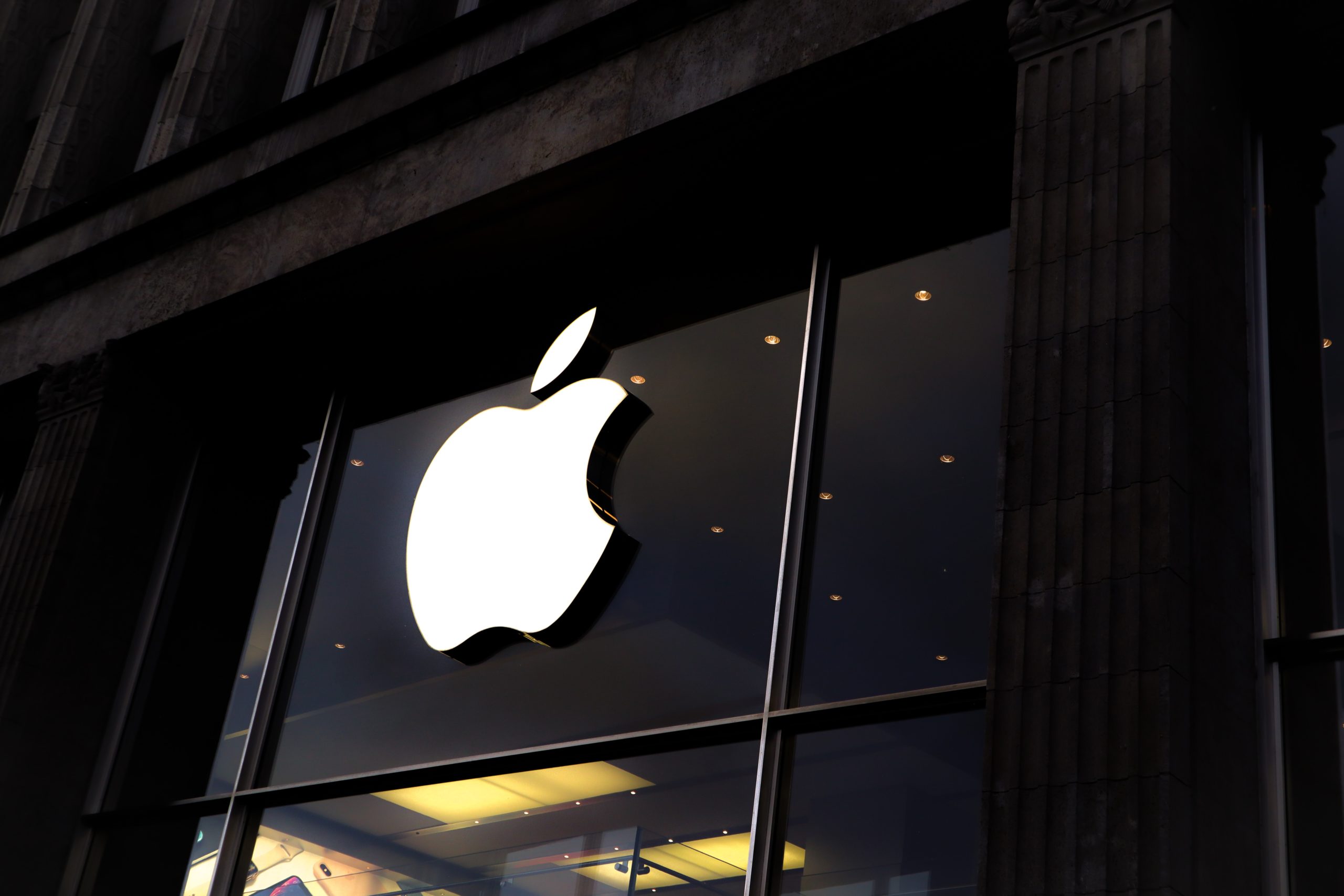Interview with James L Waite who set-up factories and grew American businesses in China
___________________________________
Interview by TIM MOJONNIER
____________________________________
You lived in China for 13 years. When did you live there? I arrived in January 1997 and returned to the U.S. in November 2010, with occasional trips back to the U.S. During my time in China, I spent 8 years in the Shanghai area, and the balance in the south, Guangdong area.
What was it like living in China for all those years? What were the biggest challenges in adapting to the local culture? Initially, my wife and I felt uncomfortable going into the streets, and shopping by ourselves. Because we were foreigners, the prices were higher and the Chinese way is to negotiate for everything. We also had to acclimatize ourselves to being long term expatriates (expats). Most expats typically live in a country for 2-3 year assignments. Since we lived in China for over a decade, we always had to make new friends. In addition, dealing with a translator was a challenge, because the translator would just translate the words, but not the meaning. Furthermore, the Chinese do not always speak their mind, and they do not speak directly. After being there several years we were able to understand the meaning of Chinese conversations. We also learned how to communicate basic things and feel comfortable shopping in local open air markets and moving with the flow in the crowded streets. In conclusion, once we got over the initial shock of living in a different culture, we realized that the Chinese are a warm people, who enjoyed being around Americans, in part because it provides them with an opportunity to practice their English. Chinese business people are all educated and very smart. It was a pleasure working with them, and we have developed many friends who visit us when they pass through Chicago.
What did you do before you lived in China? After graduating from the university, I worked in the Chicago area for 7 years in construction and design engineering. Later, I held manufacturing management positions such as V.P. Manufacturing and General Manager. I was employed in industries that produced air pollution control equipment, pumps, industrial testing equipment, laboratory testing equipment, etc.
What did you do during your stay there? I had three primary engagements. First, I managed a joint venture between an American ball valve manufacturer and a Chinese company. The assignment entailed overseeing the relationship between the two organizations as well as running the business. Second, for Sloan Valve Co., a global manufacturer and distributor of flush valves and faucets for high end commercial buildings, I developed a business plan that described a strategy to enter the Chinese market selling American products in the China market. The plan was funded, and I started up the operation in China, where I worked for 6 years. Third, I worked for Weber-Stephens, establishing a supply chain management company. The focus was on finding suppliers, qualifying suppliers, and monitoring their performance. I traveled to many places in China for all 3 companies, and gained an understanding of what products are made in various locations and the Chinese customs to do business.
Given ever increasing levels of inflation and local labor rates as well as the appreciation of the Renminbi, is China still an attractive country to outsource production to? If so, why? $1.90 per hour is the highest Provence minimum wage (Guangdong Providence), which includes all of the employer costs to put an employee on board. However, the City of Shenzhen recently announced increases for the minimum wage effective starting Feb. 2012 = $2.17/hour including burden. Skilled Chinese workers can command more. Still, outsourcing work to China provides a manufacturer with significant labor savings, but you need to have the correct strategy for why you are doing business in China. Companies trying to penetrate the local market have the best opportunity. The Chinese like western products; they desire the things and life style we have. Look at Apple’s phones; they had a sale on their latest model and the demand was so great that they cancelled the sale, and shut shops down. Demand for these types of products is unbelievable. But outsourcing labor-intensive work to China—while developing channels to enter the local Chinese market—is not an easy thing to do. However, the return can be great. Finally, if you are only focused on reducing labor costs, then outsourcing work to places like Viet Nam may be a better option. However, this strategy involves chasing a few cents savings and moving to new factories or new vendors every few years.
What are the main challenges associated with running a business in China? That’s a big question. It depends on whether you are just sourcing components from China or making product for the local Chinese market. If you are only manufacturing and exporting, then quality is especially important. Also, retaining good employees is always a challenge, especially given wage inflation. Pirating good employees is an issue. You need to have cultural sensitivity, understanding what people expect from an employer. Having a first-rate Human Resources policy and activity is important in order to retain good employees. Also, it is very difficult for small manufacturers. The Chinese think that bigger is better. They believe that it is better to work for a big company, which is especially an issue when dealing with the government. The bigger the company, the greater the likelihood that officials will work with you. If you are a small guy, it is difficult to attract their attention.
What are the main opportunities associated with running a business in China? For the years 2007, 2008, and 2009, the American Chamber of Commerce in Shanghai and Booz & Co. conducted a survey of about 1,000 manufacturers to understand why they came to China. The following is a list of the major reasons, ranked from most important to least important:
- 83%: Access to the local Chinese market
- 66%: Labor cost savings
- 51%: Access to the broader Asian market—having a business in China provides you with
the ability to export to other Asian countries without import duties - 44%: Material savings
- 41%: Strategic move against key global competitors
In November 2011, you returned to China for a month. How have things changed since you were last there? Previously, China put a lot of effort in infrastructure projects, but at the time I left, there was a downturn in this activity. I was surprised to see a great amount of construction still going on. Housing prices are finally coming down, enabling the middle class to buy their own apartments. Business in general is just booming; people are busy, hustling, you can just feel the energy in the streets. You don’t feel that here [in the U.S.] at all. Nevertheless, the Chinese business people are concerned. Previously, the economy was growing at a 10 % clip, but it has slowed to 7% projected GDP growth in 2012. However, the government is committed and will make the 7% growth happen. Inflation has increased, and there is concern about an anticipated leadership change in the highest levels of government.
What does your firm do?
Ops-Asia helps businesses to be successful in Asia and/or the U.S. We focus on small to mid-sized companies that don’t have the resources to do this type of activity. The primary market segments served are industrial products, building materials, household appliances & automotive components. We assist firms in 4 areas: business development, operations competitiveness, project management, and supply chain management.♦
____________________________________________
James L. Waite is President of Ops-Asia, which has offices in Shanghai, China and Northbrook, IL

